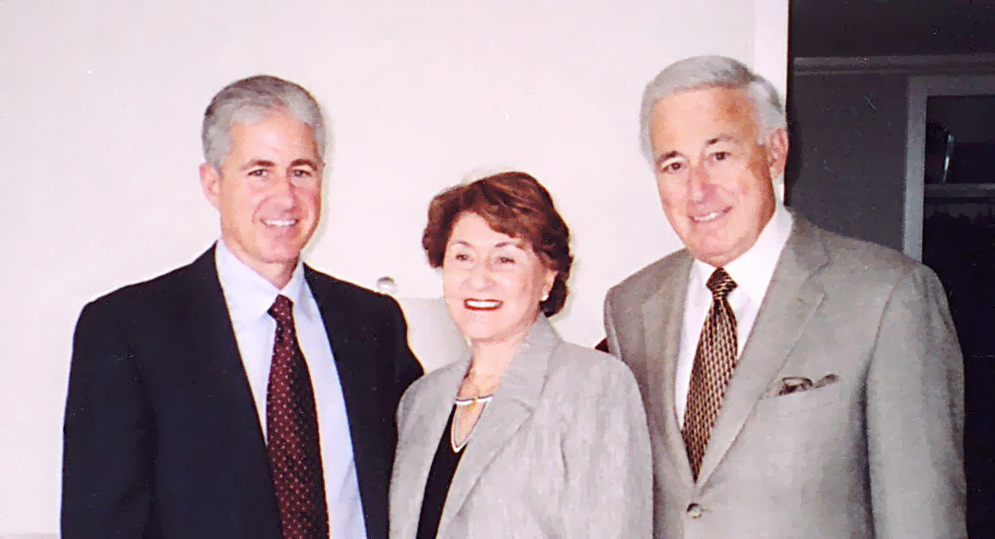
Launching Careers in Cardiovascular Research
This story originally appeared in the Fall 2015 issue of the Life.Giving.Breakthroughs. donor newsletter.
An entrepreneur who turned his company Safety 1st into a household name, Michael Lerner is no stranger to taking bold risks.
But when his father needed cardiac care in 2001, Lerner was unwilling to take chances with his care. “I did what anyone would do—I researched the country’s best hospitals for heart surgery and cardiac care and was drawn right away to Brigham and Women’s,” says Lerner.
At Brigham and Women’s Hospital, Lerner and his parents met with pioneering cardiologist Peter Libby, MD, then chief of cardiovascular medicine. While his father underwent treatment, Lerner took an avid interest in Libby’s ideas for advancing cardiovascular care.
“As someone who developed consumer products, I could relate to how essential research and development is in medicine,” says Lerner. “After talking with Peter about his vision for expanding research, there was no way I could have walked away without getting involved.”
Over the years, Lerner has contributed more than $1 million to essential cardiovascular research, faculty development, and patient care initiatives. He recently pledged $325,000 to bolster the Alan Lerner Awards, a program he helped develop in 2002. Named in honor of his father, who passed away five years ago, the awards support the work of outstanding young cardiovascular scientists.
“The awards were designed to give promising researchers opportunities to follow their passion, and recognize the exceptional work they do every day,” says Lerner. “It has meant so much to me and my family to play a small part in their growth and see these brilliant people become leaders in the field.”
In addition to his philanthropy, Lerner has become actively involved in the hospital community as a member of BWH’s Heart & Vascular Board of Advisors and President’s Advisory Council.
“I’ve met some brilliant people, all of whom care so much about the hospital,” he says. “To be part of an institution that has had such an impact on healthcare is very gratifying.”